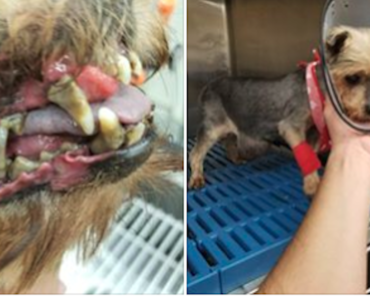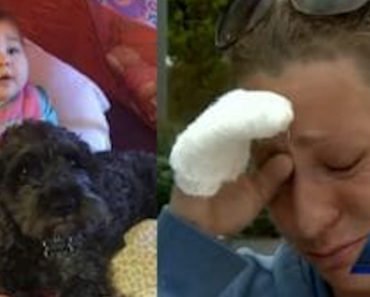When we think of dangerous bugs, we think of spiders, scorpions, mosquitoes, even ticks. But there’s a small insect that may rival any of those for danger—the Kissing Bug.
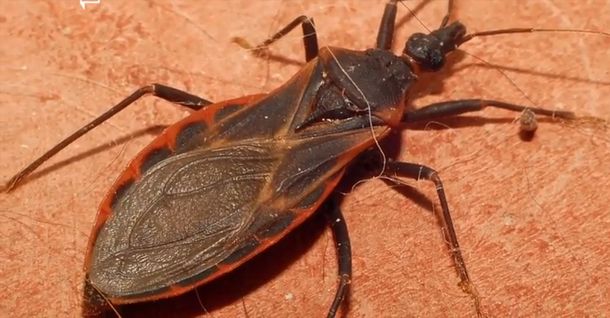
Kissing bugs are also known as Assassin bugs, but their common name is the triatomine bug. More commonly recognized in countries such as Panama, Belize, Peru (and many other Central and South American countries), the insect’s bite itself is harmless. But if the bug is carrying a protozoan parasite, Trypanosoma cruzi, the human or animal it bites can then become a vector for the illness.
Chagas disease was named after the Brazilian doctor and researcher Carlos Ribeiro Justiniano Chagas, who discovered the disease in 1909. Since then the disease has been considered endemic in at least 21 Latin American countries. But more recently incidents of the parasite-spread disease has been increasing in the United States. It has been detected in at least 28 states. About 400 Texas dogs have died from the disease alone.
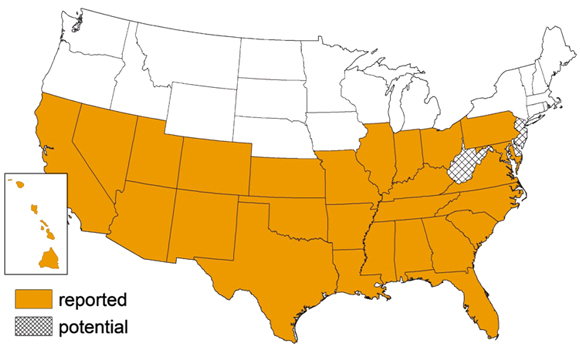
The symptoms of infection can include the presence of a skin lesion, purple swelling of one eyelid, fever, headache, enlarged glands, and even difficulty breathing, and abdominal or chest pain. This occurs in less than half of people who have been bitten. While this first phase of illness is acute, the second presents the real danger. The parasites can remain hidden in the heart and digestive muscles of those infected for years, causing, among other things, severe cardiac disorders.
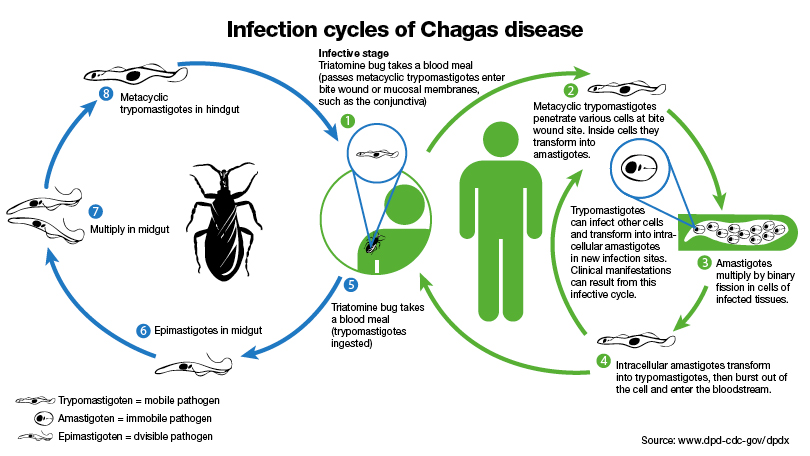
The bright side is that anyone who has been bitten and recognizes the acute symptoms of the disease can be cured with various medicines, which are almost 100% effective in preventing the precipitating disorders. So if a pet, child or loved one has been bitten by a Kissing bug and displays the symptoms of infection, get them medical attention immediately.
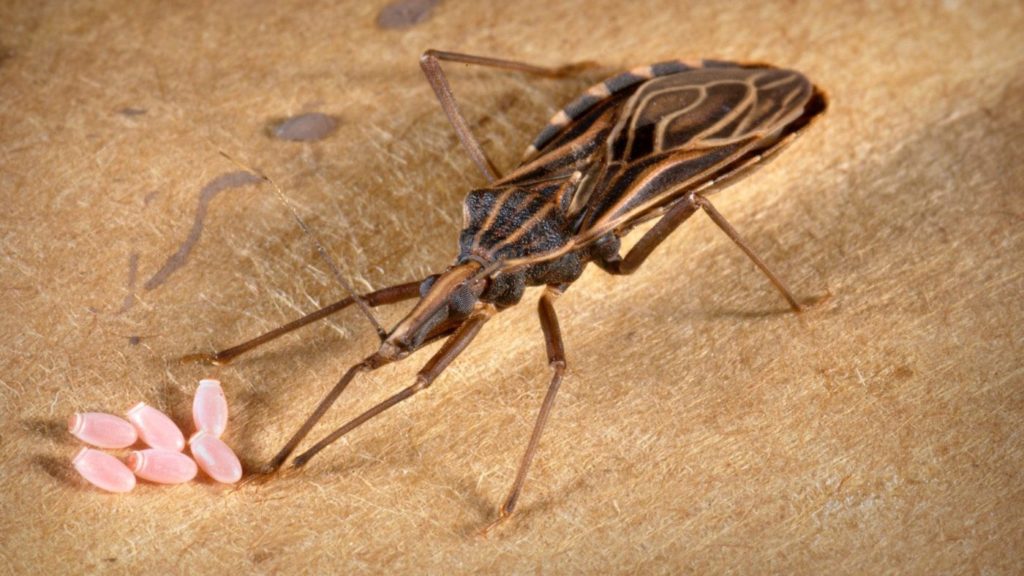

Though the range of the bugs has spread, Sarah Halmer, a professor of epidemiology at the veterinary and biomedical school of Texas A&M, says “It’s great we are heightening our awareness — but we don’t need to be terribly scared. The bug has to be there, blood feed, and the parasite needs to be rubbed in, and that’s a lot to have to happen…it’s more rare for kissing bugs to feed on people than mosquitoes to feed on people.” To be cautious, it is recommended to check your pets bedding, seal any cracks or holes in your home, and remove wood or brush away from the walls of your home.





